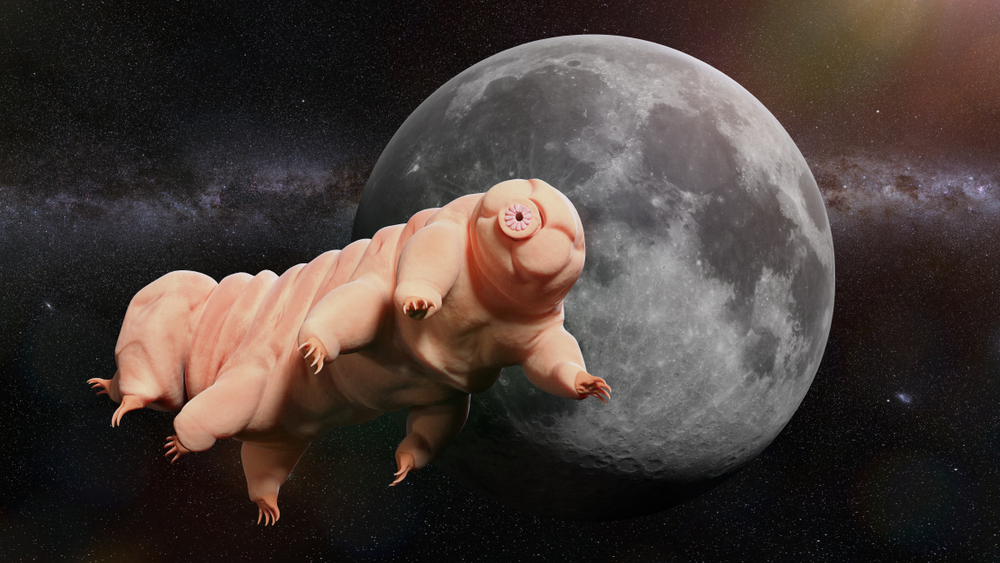Now Reading: Are Tardigrades Alive on the Moon After Crash Landing?
-
01
Are Tardigrades Alive on the Moon After Crash Landing?
Are Tardigrades Alive on the Moon After Crash Landing?

Speedy Summary
- Tardigrades on the Moon: Tardigrades-microscopic creatures known for their extreme adaptability-might be present on the moon due to the crash of Israel’s Beresheet spacecraft in April 2019. Around 1,000 tardigrades were stored in a time capsule aboard the unmanned vehicle.
- Survivability Debate: Scientists question whether these hardy creatures could survive the crash and moon’s harsh environment. While tardigrades can endure extreme temperatures, radiation, dehydration, and lack of water or oxygen through entering a suspended state, survival would depend on them remaining dehydrated at impact.
- Challenges for Survival: The moon’s conditions include severe temperature swings (-208°F to 250°F) and radiation exposure. long-term reproduction or active life on the moon is unlikely without water or food resources like plant cells or algae.
- Speculation about Recovery: Astronauts revisiting the crash site and retrieving intact capsules could possibly rehydrate tardigrades back into activity if still preserved.
Indian Opinion Analysis
The presence of tardigrades on the moon due to an Israeli spacecraft mishap highlights intriguing scientific possibilities but remains speculative regarding their survival. Tardigrade biology demonstrates resilience unmatched by most organisms; however, their ability to live actively depends deeply on access to water and nutrients unavailable in lunar conditions.
for India’s ambitious space exploration programs such as Chandrayaan missions targeting lunar research, this underscores potential areas for collaboration with international entities focused on extremophile life forms in space settings. Scientifically studying whether organisms like tardigrades thrive under unusual environments could offer insights applicable not only for astrobiology but also advancements in human space sustainability practices-a knowledge frontier India may wish to align with its growing prowess.
global cooperation aimed at recovering such assets might set precedents highlighting ethical considerations surrounding bio-safety standards while exploring extraterrestrial terrains-a focal point relevant as India enhances its interplanetary mission portfolio.























